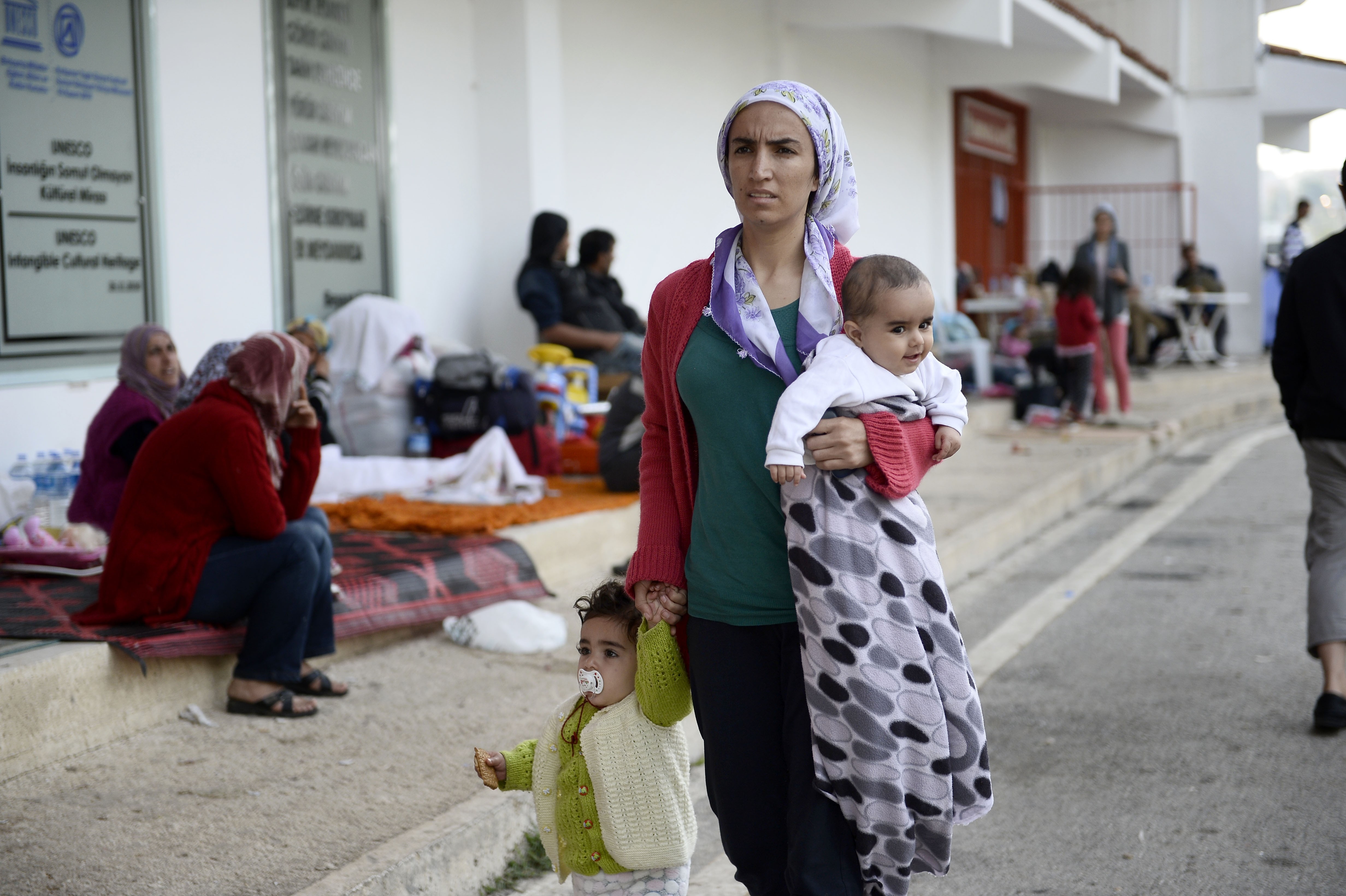Health emergency
Almost 6 years of war have caused the Syrian healthcare system to collapse. According to UN estimates 11.5 million people cannot access healthcare services, 40% of them are children. Two million people have no access to healthcare in Aleppo, over one million in Damascus. Only 45% of healthcare workers in Syria have remained since the outbreak the crisis, while 658 medical staff have been killed. Some 300 thousand pregnant women are without appropriate treatment owing to the low number of midwives. Medicine shortage, coupled by the lack of medical equipment, also due to international sanctions, prevent treatment of patients suffering from chronic diseases. To ensure medical assistance also to the poor and most vulnerable AVSI launched the project “Open Hospitals”, a concrete answer to the appeals by Pope Francis and by the Apostolic Nuncio in Damascus Cardinal Mario Zenari. The latter will be in Rome on February 16, at the Gemelli Polyclinic for the official launching of the project

“Open Ospitals” is the name of the project developed by the AVSI Foundation whose purpose is to “increase the capacities of the three Catholic hospitals in Syria (two in Damascus and one in Aleppo), offer vocational training to healthcare professionals, the necessary medical equipment, and most of all, to ensure medical treatment also to the poor.” The intention of the Ngo, whose mission reposes on the Social Doctrine of the Catholic Church, is to answer the constant appeals of Pope Francis for the “martyred land of Syria” and to those of the Apostolic Nuncio in Damascus Cardinal Mario Zenari, who has been seeking concrete ways to help the Middle-Eastern Country. “In Syria – he said – more people die for lack of healthcare services than in the battlefield. In Aleppo two million people have no access to medical treatment, more than two million in Damascus, just to mention the largest cities. They are the victims of bombings, those from chronic diseases, the mentally disabled, as well as pregnant women and children.” The three hospitals supported in Syria are the Italian one and the French “St Louis” Hospitals in Damascus, and in Aleppo. These structures – AVSI explained – “were identified by virtue of their ability to offer high-level services in all medical areas. The facilities currently provide services equal to less than half of their potential, in the face of an ever-growing need of the population in the two cities.” The purpose of the AVSI project is to expand these structures’ activities “up to 90% of their potential, thereby facilitating the population’s access to healthcare services whilst ensuring free hospital and outpatient treatment to the most indigent population brackets.”
Healthcare on the verge of collapse. The figures. Almost 6 years of war have caused the collapse of Syria’s Syrian healthcare system. According to UN-OCHA estimates 11.5 million people cannot access healthcare services, 40% of them are children, namely four and half million minors. Those healthcare infrastructures that are still in place, AVSI declared, “are in dramatic conditions, partly because of the difficulties in accessing electricity, fuel and drinking water supplies, worsened by the chronic shortage of human and material resources. It is estimated that
58% of public hospitals and 49% of public health care centres are closed
or partly functioning, and that more than 658 people working in those structures were killed since the outbreak of the war.” Due to massive emigration, which involved the Syrian population in recent years, the number of physicians in hospitals is “currently insufficient to meet health care demand.
It is also estimated that only 45% of healthcare workers remained since the outbreak of the crisis.” The lack of midwives is among the most dramatic consequences of the health emergency. “As many as 300 thousand pregnant Syrian women are left without appropriate treatment”, coupled by shortage in medicines. “Many pharmaceutical industries and storage facilities for medicines – AVSI declared – were destroyed, while unaffected infrastructures have stopped working regularly owing to a severe shortage of skilled human resources and raw materials.”
This tragic situation involves all population brackets. In particular, “it represents a risk to the health – and in some cases the lives – of people suffering from chronic diseases, in need of constant treatment.” That’s also why
Life expectancy in Syria has dramatically declined by 15 years for men and 10 for women.”
The consequences of the embargo. Sanctions against Syria only made things worse. Those limitations, AVSI said, “don’t involve humanitarian assistance at a formal level. However, the fact is that the embargo foils the import of medicines and of the replacement parts of medical equipment. Given their ‘double use’ – by the military and healthcare sectors, access to the supplies is blocked. Moreover, economic contributions – public and private alike – which are indeed scarce, are not enough to meet the needs of the entire population, especially the poorest section already exposed to possible epidemics tied to the difficulties in accessing water, electricity and sanitation. It is especially for them, for the most needy, for children, single mothers, the wounded, that AVSI decided to launch the “Open hospitals” project which will be illustrated in Rome on Thursday, February 16, (at 11:30 am) at the Polyclinic “A. Gemelli” to the presence of Msgr. Zenari, Monsignor Giampietro Dal Toso, deputy Secretary of the Dicastery for Integral Human Development, of Joseph Fares, Director of the Italian Hospital in Damascus of AVSI and Gemelli Polyclinic representatives. For donations: https://donazioni.avsi.org/progetto/siriaospedali/)